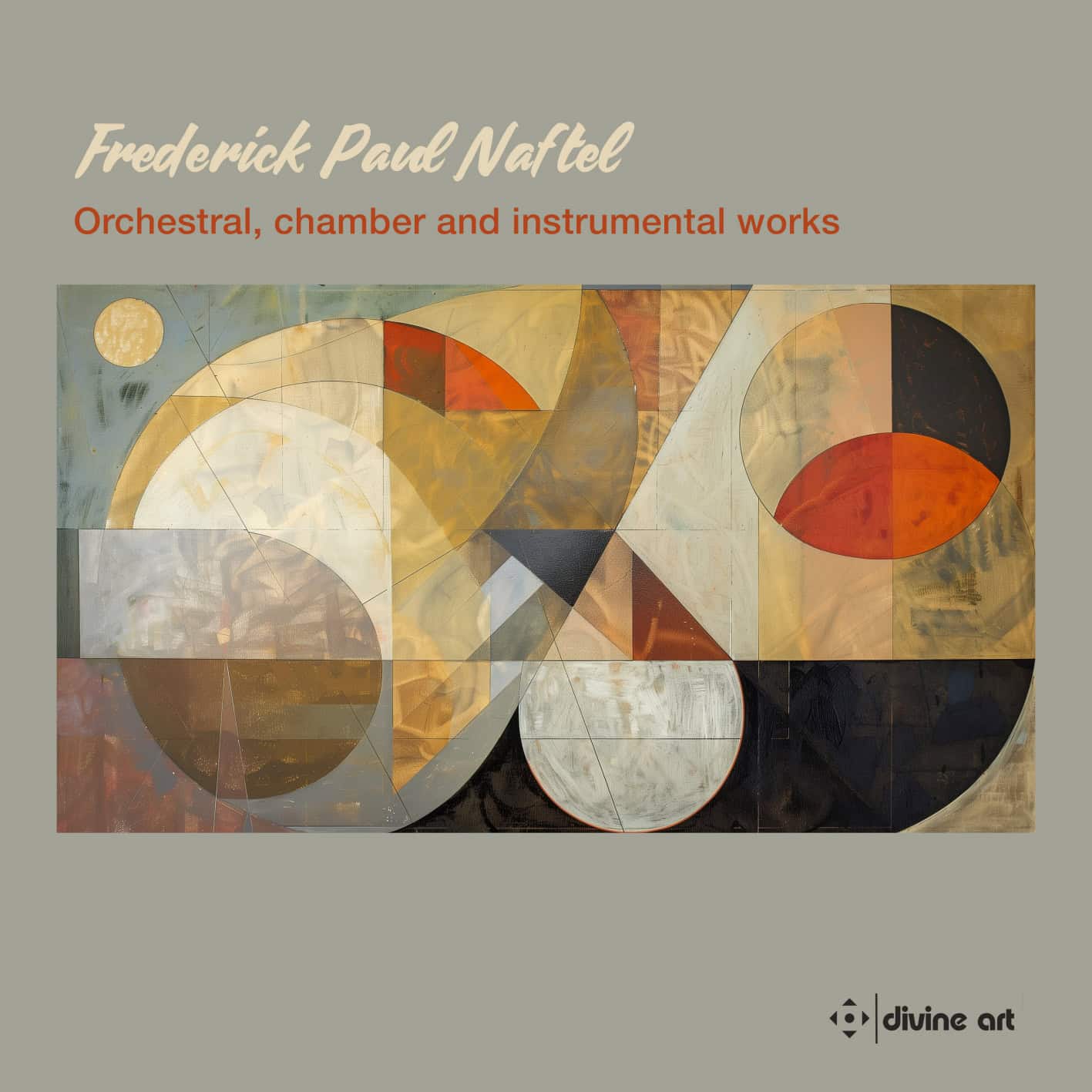Gramophone
Frederick Paul Naftel came to music aged 14, and developed an interest in composition at Manchester University, from which he graduated in 1978, receiving a Fellowship in Composition from Trinity College, London, two years later. As the booklet biography (taken from the composer’s website) reveals, he ‘considers himself to be an “eclectic” composer, able to write in many styles and formats, as befits the occasion’, a quality that has attracted notable advocates, from Edward Downes – who premiered the vibrant Second Orchestral Concerto (1978, rev 1982), quite the finest work I have heard of Naftel’s (a great shame it is not featured) – and composer James MacMillan, who admires the ‘eccentricity and fierce individuality’ of Naftel’s music.
There is little fierce about the works collected on Divine Art’s release, the first devoted to Naftel’s music. The pieces are largely modest in scope and length, the most intense being the Second String Quartet (2020), an involving five-in-one design playing without a break, composed during, and as a reaction to, the onset of the Covid pandemic. That the music holds a particular importance to the composer is evident from his booklet note, in which he devotes more wordage to it than the rest of the programme combined. The Quartet is a good example of Naftel’s ability to construct complex forms out of seemingly innocuous material; would that more of the pieces here did the same.
For me, the standout work is the Folksong Suite (2021), a modest enough sequence of Rondo, Lament and Country Dance, based on six British folk songs including ‘Early one morning’, ‘Loch Lomond’ and ‘John Peel’. But it is the scoring that is so telling, for string orchestra and timpani (Naftel is a percussion player and teacher), giving the suite a bite that the early rhapsody Song of Songs, based on Hebraic melodies without timpani, and Aubade Pastorale (both 1985) sadly lack. There is a vividness to the piano suite Aphoristic Impressions (2023), nicely played by Haley Miles, for whom Naftel is composing a sonata and planning a concerto. I was less taken with the tuba quartet Pascal’s Victim (1999, based on the plainsong ‘Victimae Paschali’ and pastiche Villancico, the guitar soloist of which is uncredited. Performances and sound are good if not exceptional.
@divineartrecordingsgroup
Search
Newsletter
A First Inversion Company
Registered Office:
176-178 Pontefract Road, Cudworth, Barnsley S72 8BE
+44 1226 596703
Fort Worth, TX 76110
+1.682.233.4978












